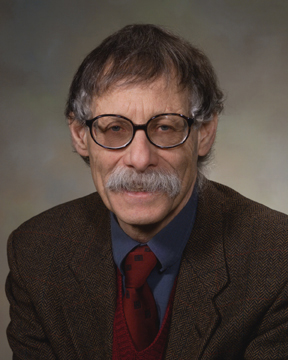
Paul Baum
He received his undergraduate degree from Harvard College (1958) and his Ph.D. from Princeton University (1963). For the academic year 1958-59 he was an "élève étranger" at the École Normale Supérieure in Paris. His Princeton Ph.D. thesis was written under the direction of John Moore and Norman Steenrod.
Professor Baum's work in mathematics has been interdisciplinary, ranging from algebraic geometry to K-theory of operator algebras. In 1980 he began the joint effort with Alain Connes that led to the formulation of the conjecture now known as the Baum-Connes conjecture. This conjecture is unusual in that it cuts across several different areas of mathematics and reveals connections between problems that earlier appeared to be totally unrelated.
During 2004 Professor Baum lectured on the Baum-Connes conjecture at universities and research institutes in Europe and the USA. He had visiting appointments at IHES (Institut des Hautes Études Scientifiques) and at IAS (Institute for Advanced Study). He gave the 2004 Kemeny Lectures at Dartmouth College. In 2005 he will give invited lecture series in India (Tata Institute for Fundamental Research), Japan (Keio University), and Poland (Stefan Banach Institute).